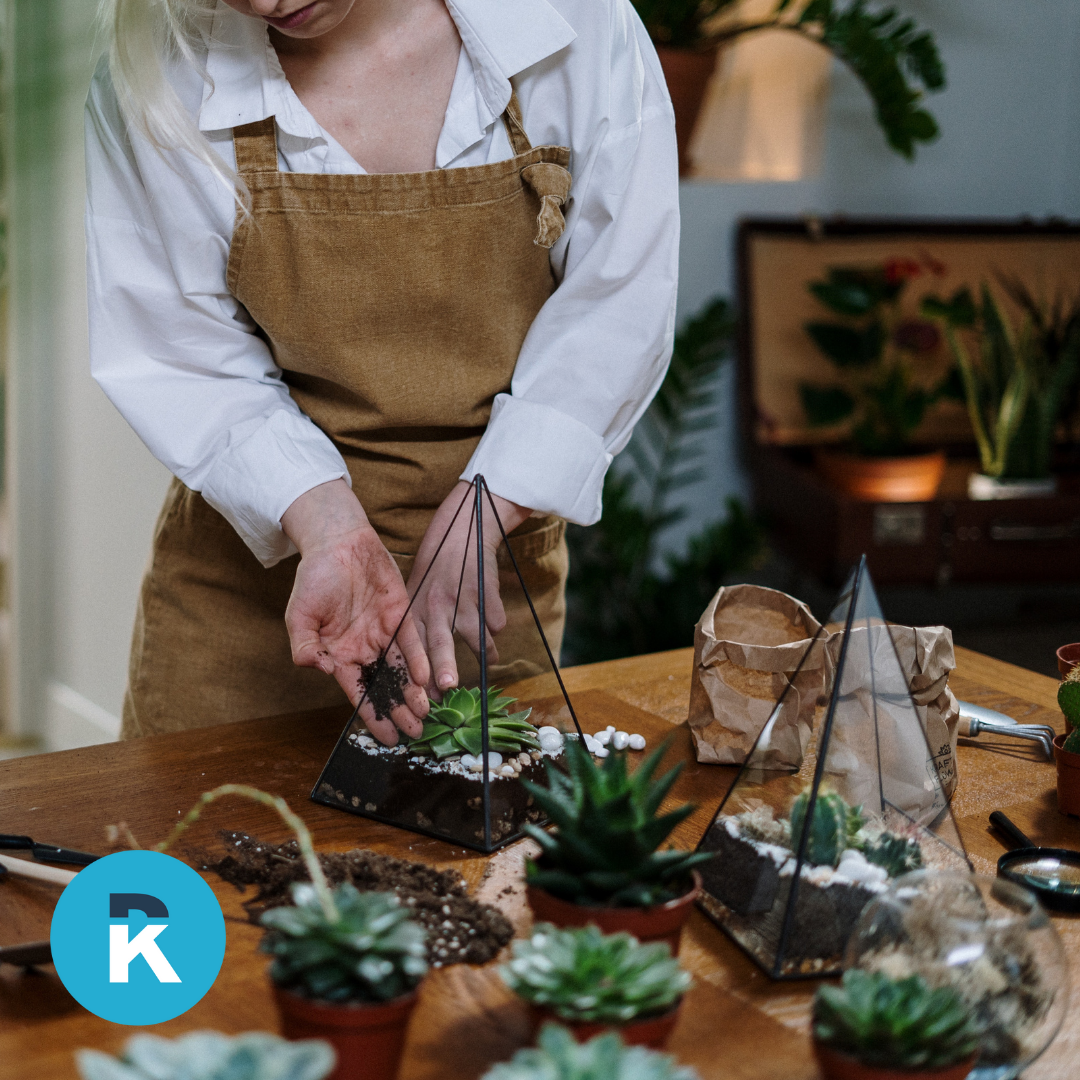Would you ever plant a garden in the spring, and just abandon it till the end of the summer? Even if you planted the right seeds, what kind of outcome would you expect if you did absolutely nothing to maintain the garden? Well, the same concept applies to your emotions. Now that your emotional garden has been planted, we need to fertilize it! In the final lesson of your garden of emotions, you will learn the ABC’s of maintaining emotional stability (Linehan, 2015):
A – Add Positives
B – Build Mastery
C – Cope Ahead
Let’s discuss each of these ABC’s in a little more detail:
- Add Positives means doing something that makes you feel happy—every single day! We all feel better when good things happen to us. But why wait for a good thing to just happen? Why not schedule it instead? This strategy can be as simple as blocking off time for sipping a hot cup of coffee or watching a sunset. Not surprisingly, research shows that simply adding positive experiences to our daily routines helps to improve our mood and coping (Hutchinson, Loy, Kleiber, Dattilo, 2010). This is a great investment, when you consider that adding positive experiences to your life does not have to cost money or take a lot of time! One way to Add Positives to your life is to set SMART goals for yourself (more about that in a little bit).
- Build Mastery means doing something that you are good at—every single day! We all feel better about ourselves when we feel productive or do something constructive. This strategy can be as simple as strumming your guitar, playing sports, or learning a new language. Building mastery is all about identifying your talents and then making goals to develop these gifts. This in turn will help you feel more secure and more confident in your abilities. Research shows that having a sense of purpose or accomplishment can also help improve our mood and coping (Matthieu, Lawrence, Robertson-Blackmore, 2017). One way to Build Mastery to your life is to set SMART goals for yourself.
- Cope Ahead means planning ahead for difficult situations. People who have experienced chronic trauma tend to become reactive as opposed to proactive. However, instead of just waiting for the next situation to happen, why not think of all the skills you already know? Why not visualize using those skills? Why not think of the trusted people in your life who can help you with the situation? Why not practice and role play the skills ahead of time? In one study of 182 college girls with trauma histories, the researchers found that college students who Coped Ahead had fewer PTSD symptoms, regardless of the severity of the trauma, extent of the previous trauma history, or the amount of time elapsed since the trauma occurred (Vernon, Jacqueline, Dillon, and Steiner, 2008). Not surprisingly, just in case you haven’t gotten the point yet, one way to Cope Ahead is to set SMART goals for yourself!
As you can see, the key to maintaining your beautiful garden of emotions is to fertilize with ABC’s—every single day!


